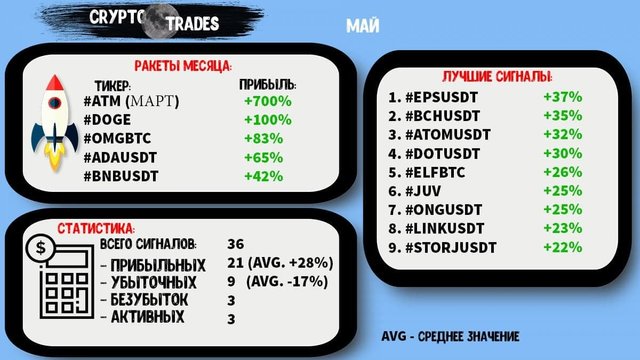😌
"Bitcoin can't be destroyed." What's going on with the mining industry?
Three Chinese provinces have already banned cryptocurrency mining. How will this affect the crypto mining sector in the long term and which countries are now most promising for companies producing digital assets?
Cryptocurrency mining has already been banned at the state level in three Chinese provinces. This has already been announced by the authorities of Yunnan, Qinghai and Xinjiang provinces. In this regard, major miners have already begun to leave China and transport equipment to other countries. Against this background, the hash rate of the bitcoin network fell to 99 Eh/s in early June. As of June 15, 7:50 p.m. Moscow time, the hash rate of the main cryptocurrency has partially recovered to 130 Eh/s, according to Bitinfocharts. RBC-Crypto experts explained how cryptocurrency mining is transforming based on recent events.

Relocation trend: It's premature to talk about the complete outcome of miners from China, says the co-founder of the LAZM data center. According to him, some provinces have not yet imposed a ban on cryptocurrency mining. For example, in one of the main crypto mining hubs, Sichuan Province, the ban is expected from September, the expert says.
But, according to Analytics, there is still a trend towards relocation among miners, as companies are now working on moving equipment to other Asian countries, for example, Kazakhstan. Some industry representatives see moving to the United States and Canada as an option, where hydropower is well developed, the expert said.
Influence on mining
In the near term, the effect of such bans and restrictions is negative, because any attacks on bitcoin miners lead to fears about the stability of the network, the analyst believes. However, he said, in the long run of several years this could lead to positive consequences, such as an increase in the level of decentralization of the network.
For any system, such restrictions are turbulence and uncertainty, says Alfacash, director of cryptocurrency exchange service. He believes that the owners of mining companies, who are forced in a hurry to look for places to relocation or make a decision to close the farm, are in a very difficult situation.
The only positive thing the expert sees in banning mining in China is another demonstration that bitcoin cannot be destroyed by any restrictions.
"The system is designed decentralized enough to withstand such attacks. I can't call the decision of the Chinese authorities anything other than an attack," explained the director of Alfacash.

Promising countries for relocation
The most promising countries to move among cryptocurrency mining companies are now considered the United States and Canada, says the director of Alfacash. According to him, these countries already have fairly clear regulation and taxation, but electricity prices may be significantly higher than those to which miners are accustomed in China.
Mayners can also consider Brazil, Kazakhstan and Tajikistan, but these countries lack clarity of regulation, so small companies that are ready to work in the gray area move there, explained the co-founder of the LAZM data center.
Russia is also suitable for localization of miners in many respects, and only companies have no interest in Russian cryptocurrency mining sites so far. In his opinion, the Chinese are not ready to risk business because of the unfriendly investment climate and opaque crypto regulation.

It is possible that some miners from China may move to Georgia. The expert recalled that Chinese investors already have mining capacity in the economic zone near Tbilisi. Cryptocurrency regulation in Georgia is very friendly, added Alfacash, director of cryptocurrency exchange service.
Green energy sector
The transition of cryptocurrency mining to green energy in the future may increase the attractiveness of digital assets, said the co-founder of the LAZM data center. According to him, this will happen anyway, even if not directly, through tweets from Tesla and SpaceX CEO Elon Musk. When a businessman starts openly supporting bitcoin again, rather than attacking a coin, his multimillion-dollar army of fans will rush to buy cryptocurrency and its quotes will go up
"Musk has a very populist approach, but as we can see, he works," the expert added.

On June 14, Elon Musk said Tesla would start accepting bitcoin again after most miners used renewable energy. After the businessman's statement, the main cryptocurrency grew by 12% and exceeded the $40,000 mark.